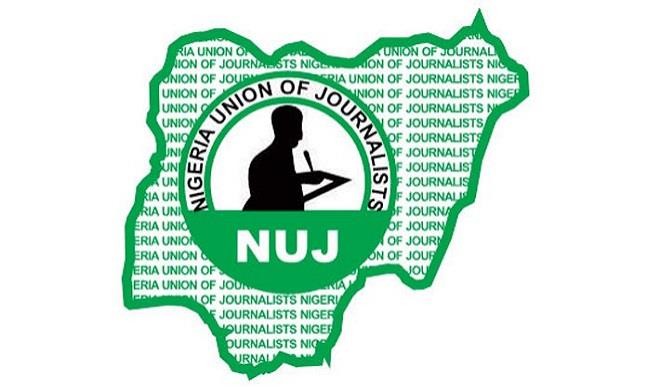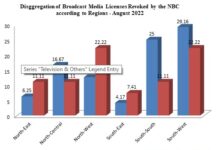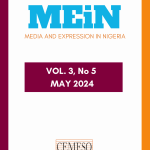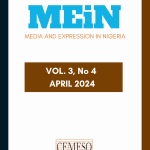 The relevance of probing but credible journalism to good governance was the focus of the 67th World Congress of the International Press Institute (IPI) which held in Abuja from Thursday, June 21 to Saturday, June 23, 2018. With the theme ‘Why Good Journalism Matters: Quality Media for Strong Societies,’ publishers, veteran journalists, media development organisations and other media enthusiasts rubbed minds on the challenges facing journalism with the advent of the social media and the accompanying credibility question.
The relevance of probing but credible journalism to good governance was the focus of the 67th World Congress of the International Press Institute (IPI) which held in Abuja from Thursday, June 21 to Saturday, June 23, 2018. With the theme ‘Why Good Journalism Matters: Quality Media for Strong Societies,’ publishers, veteran journalists, media development organisations and other media enthusiasts rubbed minds on the challenges facing journalism with the advent of the social media and the accompanying credibility question.
President Muhammadu Buhari, who declared the conference open, captured the essence of good journalism in his address to the congress. He said, “In an environment where fake news dwarfs investigative reporting, good journalism matters. For survival in an increasingly competitive field, good journalism matters.” This statement speaks volumes on the expectations of not only the public but even those in government from the media. They expect journalists to engage in investigative reporting, which by its nature holds the powerful in the society accountable for their deeds. In the same breath Buhari touched on the malaise of the media in the current era – fake news.
The concept of fake news has crawled out of the shell of the liberalisation of the media by the internet and social media which has produced more citizen journalists than trained professional journalists. As emphasis is placed on clicks, likes and other methods of news amplification on social media platforms, the wave of unverified reports that invade mobile phones, tablets and desktop computers totally drowns good reporting in the traditional media.
Panellists who tackled the various ramifications of the challenges facing the media advocated the setting up of fact-checking and verification desks to sieve stories that are peddled on the social media and other sources before they are published. Actually, verification is an integral part of news business, but the multiple challenges and embarrassments besetting the newsroom have necessitated its expansion. The media should rise to the occasion and defend its credibility by weeding out fake news from their outlets.
Another issue that panellists deliberated upon is threat, the kind of threat that endangers its survival. Funding the media has become increasingly difficult. It seems to defy innovations, but publishers and editors were encouraged not to give up. In Nigeria for instance, the cost of importing newsprint is crippling newspapers since the exchange rate swiftly increased from about N200/$1 to N360/$1. As one of the essential materials for newspaper production is the newsprint, it has been a tough task for newspapers to keep afloat in an atmosphere of dwindling readership and advert revenue. Perhaps the situation would have been different if the private companies that bought the paper mills sold to them under Nigeria’s privatization policy had lifted the companies from their deathbed.
Without a vibrant media, citizens’ participation in politics and other civic activities will be limited. The media provide the platform for freedom of expression that is guaranteed in the Constitution. It is for this reason that it is imperative for government to come up with measures that would help cushion the effects of the harsh economy on the media. This could be through concessionary rate for accessing foreign exchange or waivers of import duty. In some climes, publishing houses receive aid from government because of their roles in informing and educating the people on government policies. It will not be out of place for government to adopt some of these measures to provide oxygen for the media and prevent it from suffocating to death.
Furthermore, government and security agencies should desist from violating the rights of journalists. Dozens of journalists are arrested and kept in custody against the prescriptions of the law. All over the world journalists are arrested, detained, battered or even killed for carrying out their legitimate assignments. These acts must stop as they encourage praise singing and image laundering journalism, while discouraging journalists from practising good journalism.

















